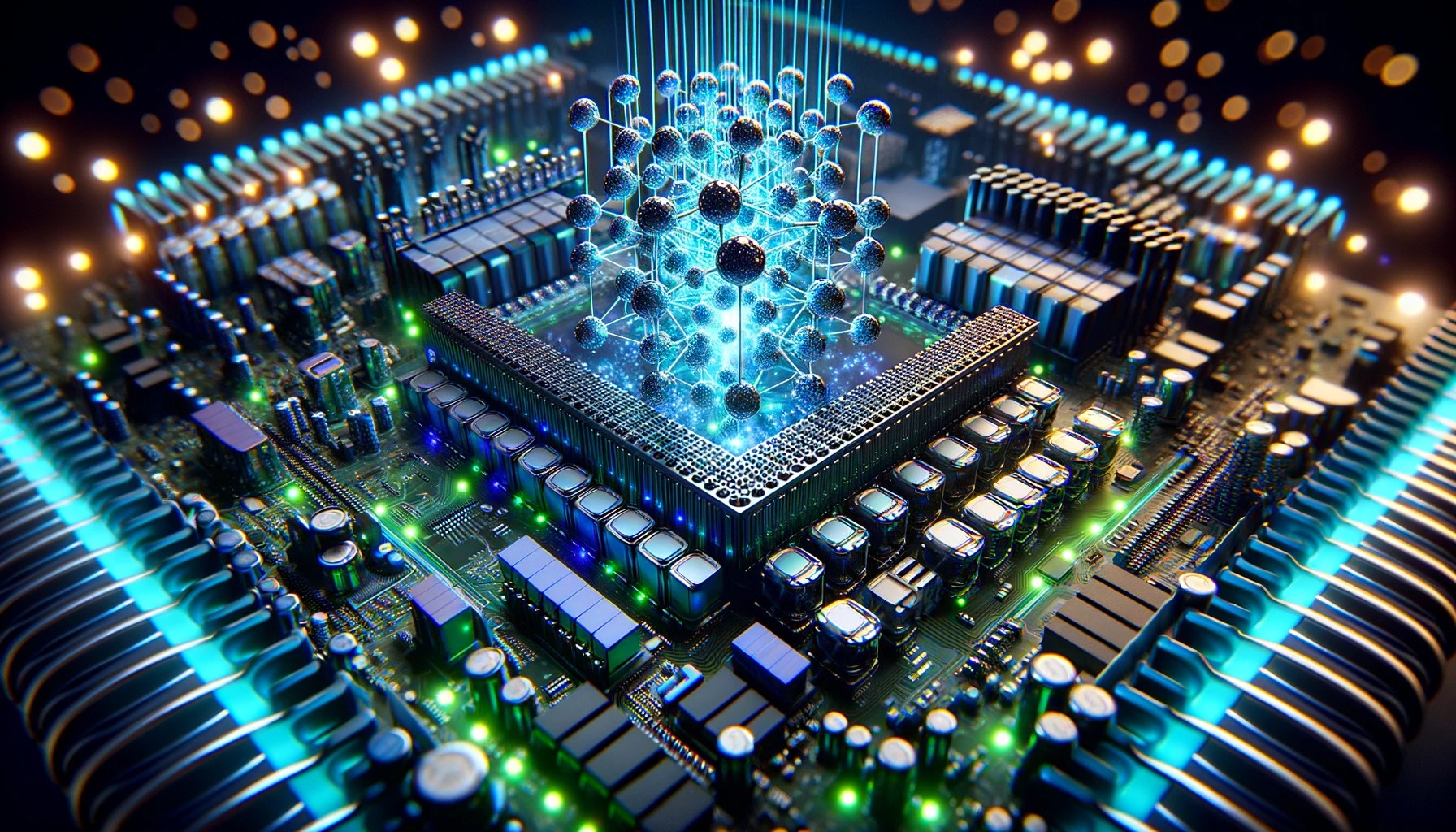Quantum AI: Hype or the Future of Machine Learning?
Short answer: Right now, mostly hype — but with potential to become a transformative force in the long-term future of machine learning (ML).
🔍 Where the Hype Comes From
- Quantum computing is hot – and so is AI. Combine the two and you get headlines.
- Claims that quantum computers can massively accelerate ML training or solve problems classical computers can’t.
- Big tech (Google, IBM, Microsoft) and startups (like Rigetti, Xanadu, and Zapata) promoting Quantum Machine Learning (QML) as a next frontier.
But… the current state of quantum hardware and algorithms tells a more grounded story.
⚠️ Why It’s Mostly Hype Right Now
1. Quantum Hardware Isn’t Ready
- Noisy Intermediate-Scale Quantum (NISQ) devices are limited in qubit count, gate fidelity, and error rates.
- Training even small-scale QML models is highly unstable and resource-intensive.
2. Few Clear Quantum Advantages for ML
- Many algorithms (like quantum SVMs or variational circuits) don’t yet outperform classical methods.
- Classical ML is massively optimized—with powerful GPUs/TPUs, libraries (PyTorch, TensorFlow), and vast data pipelines.
3. Overhyped Benchmarks
- Some papers claim speedups or accuracy gains, but:
- Often use small, contrived datasets.
- Ignore the classical alternatives or overstate comparisons.
- Assume idealized quantum systems (not real-world NISQ devices).
🌱 Where the Long-Term Potential Lies
Despite the limitations, Quantum AI could reshape ML in the long run — if we reach fault-tolerant, large-scale quantum computers.
Potential Quantum Advantages:
- Faster Linear Algebra
- Quantum algorithms like HHL could (in theory) solve linear systems exponentially faster than classical ones — useful for models like kernel methods and Bayesian inference.
- Quantum Feature Spaces
- Quantum systems naturally represent high-dimensional Hilbert spaces, enabling new forms of data encoding and transformations that classical models can’t mimic efficiently.
- Quantum Generative Models
- Algorithms like Quantum Boltzmann Machines or QGANs could model complex quantum distributions more efficiently than classical GANs or VAEs.
- Speedups in Optimization
- Quantum-inspired algorithms (e.g., QAOA, quantum annealing) may speed up combinatorial optimization used in model training, hyperparameter tuning, etc.
- Simulation of Quantum Systems
- For domains like quantum chemistry, materials science, and drug discovery, quantum ML may become essential to model quantum phenomena directly.
🧭 So, Is It the Future?
✅ Potential Future:
- If quantum hardware scales and we build robust error correction…
- And if new quantum-native ML algorithms emerge…
- Then quantum-enhanced or hybrid models could outperform classical ML in specific domains.
❌ Present Reality:
- Classical ML remains dominant for nearly all practical tasks.
- Current QML applications are experimental and limited.
- For now, it’s more about research and infrastructure-building than deployment.
🔄 Conclusion
| Aspect | Verdict |
|---|---|
| Current State | Mostly hype |
| Near-Term Impact (0–5 yrs) | Limited, experimental use |
| Long-Term Potential (10–20 yrs) | High – if hardware and theory mature |
| Best Use Today | Research, hybrid quantum-classical workflows, niche domains |






